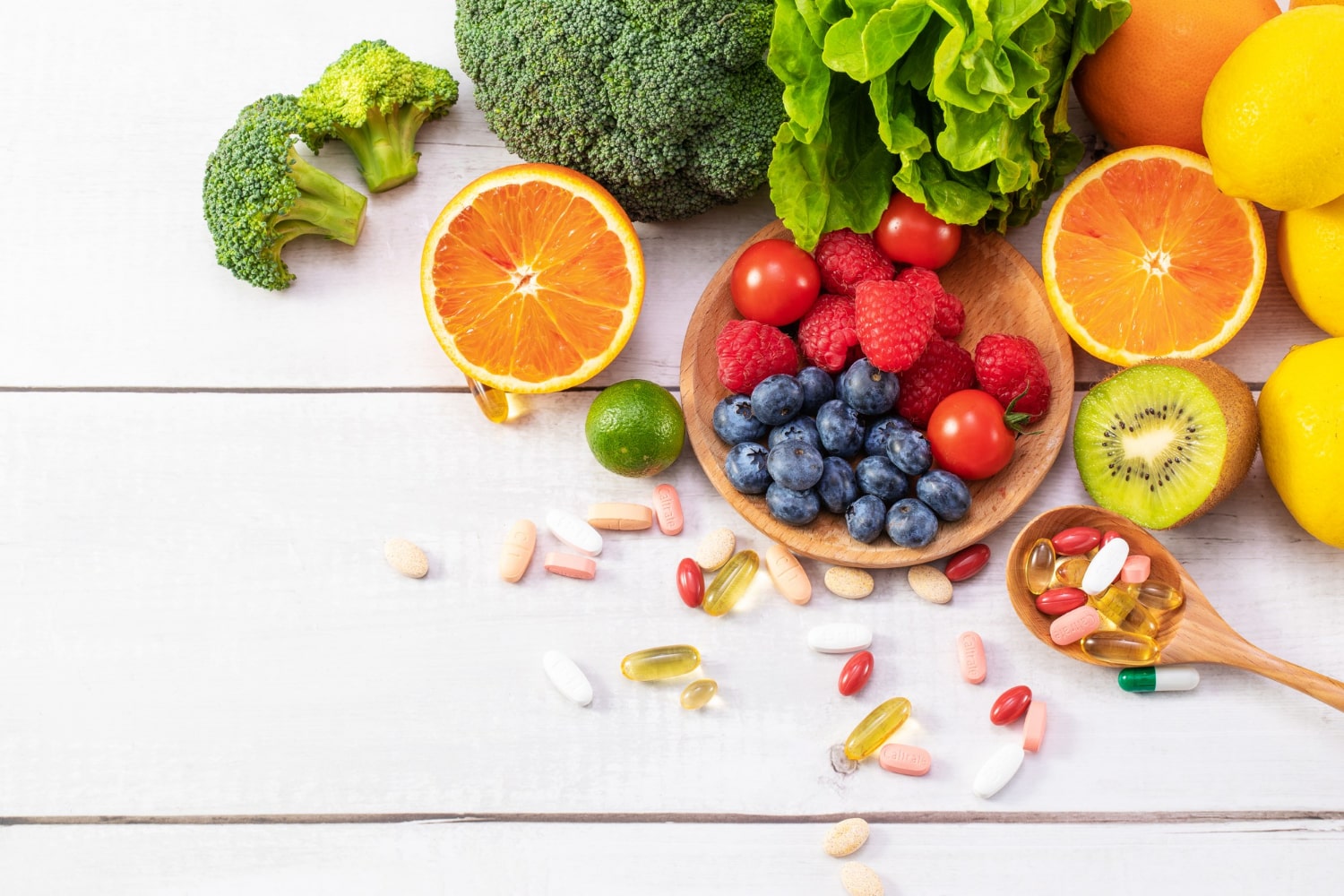
When nutritionists talk about multivitamins, they are talking to realists. If it is possible to get all the nutrients you need from your diet, you are not concerned. However, if you are a realist, you'll know that you can't get 100% of your nutritional needs from food. You need to supplement. That's where multivitamin comes in.
Vitamin deficiency manifests in several symptoms. These include weight loss, weak muscles, irregular heartbeats, short breath and hair loss, etc. Long-term vitamin deficiency can also lead to severe complications such as anemia, rickets, scurvy, and retarded growth.
You can turn to multivitamins to fill the nutrient gap in your diet. But with tons of multivitamins out there, picking the right supplements can be tricky. Here are 5 five essential ingredients of good multivitamins, irrespective of their brand.
Vitamin B-12
Also known as cobalamin, it is one of the eight B vitamins responsible for breaking down body fats and amino acids. Vitamin B-12 helps in building red blood cells, DNA synthesis, and the development of nerve tissue.
Vitamin B-12 is available in animal-based food like poultry, meat, eggs, and fish. Vegans are at risk of vitamin B-12 deficiency since the ultimate sources are what they don't eat. But all thanks to supplements, vegans can get Vitamin B-12 without breaking their diet code.
Vitamin D
The average vitamin D intake for a person to live healthily is 600 IU per day, as recommended by the United States National Institute of Health. Vitamin D helps in building bone density. Low vitamin D is a risk factor for fracture, osteoporosis, bone pain, fatigue, and depression.
You can get vitamin D through exposure to sunlight and some foods like egg yolks, milk, cereals, and juice. Some of these real vitamins can be hard to come by in food. People's lifestyle in first world countries makes it even harder to get vitamin D from the sun, which makes supplementation necessary.
Magnesium
Magnesium has a lot of health benefits. If you aren't getting it from your diet, supplementing isn't at all bad. Magnesium enhances our nerves' function and regulates muscles. It aids stress reduction and balances our blood sugar.
Eating more beans, soybeans, spinach, and nuts should give you enough magnesium. The NIH recommends 350 mg of magnesium supplement in multivitamins. Aspartate, lactate, and citrate are good examples of magnesium supplements that the body can absorb completely.
Calcium
Calcium is an essential nutrient for our body. It's instrumental in building strong teeth and muscle contractions. Hypocalcemia is a condition in which the blood has low levels of calcium. Prolonged calcium deficiency can lead to cataracts, osteoporosis, and seizures.
Foods like yogurt, beans, lentils, cheese, and nut butter are good sources of calcium. Yet, a lot of people don't get enough calcium from their diet. Experts recommend 1,000 mg of calcium supplement per day.
Iron
When you become iron deficient, your physical and mental growth suffers. The brain functions less, and there is a reduction in the formation of red blood cells Certain life factors such as pregnancy, puberty, and menstruation may increase your need for iron.
At this time, eating iron rich food such as red meat can give adequate iron. Vegans who don't eat red meat have supplements as their only option because iron is necessary for healthy development.
Conclusion
Multivitamins formulation is to supplement your diet. You must not take them as food. Being the realist you are, you can never get all the nutrients your body needs from your kitchen. Supplements are the alternative nutrients sources that are extracted from food to complement your daily diet.
You may also like
5 Best Sites to Buy Vitamins And Health Supplements Online
8 Benefits of Using Probiotics For Women
10 Foods to Eat When You’re Trying to Lose Weight
6 Effective Ways to Get a Better Night’s Sleep
